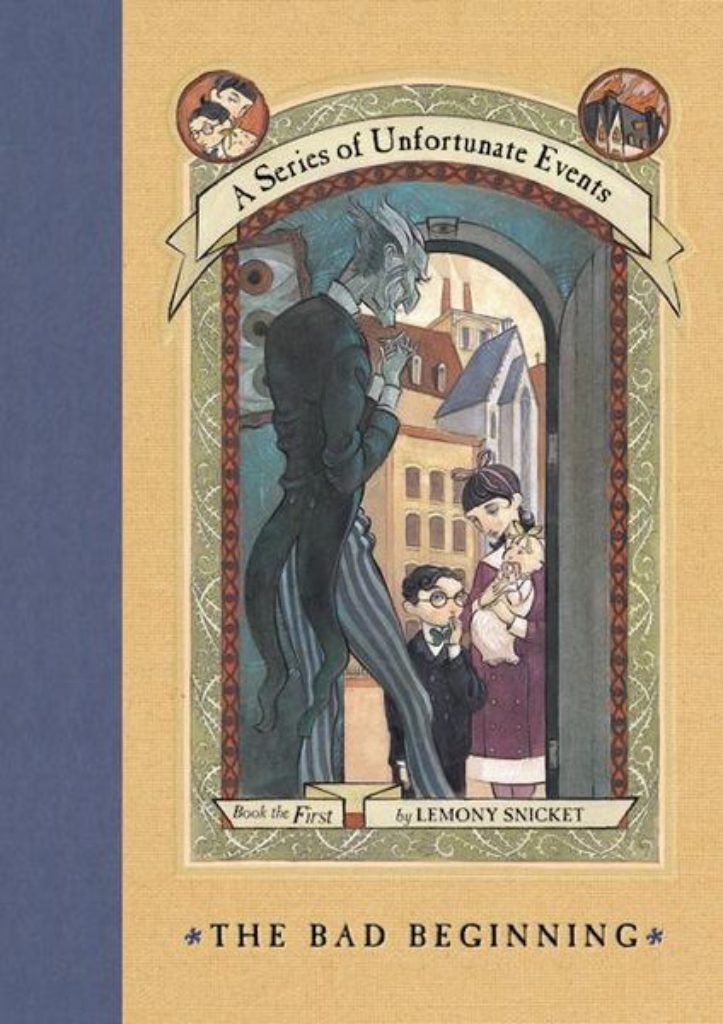This review was created by the editorial staff at Thriving Family magazine
This adventure, or what some refer to as a dark comedy, is the first book in “A Series of Unfortunate Events” by Lemony Snicket and is published by HarperEntertainment, an imprint of HarperCollins Publishers.
The Bad Beginning is written for kids ages 10 and up. The age range reflects readability and not necessarily content appropriateness.











